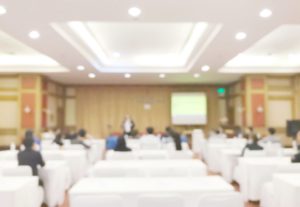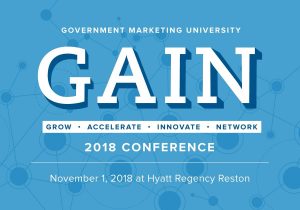 Organizing seating at events has traditionally been a pretty straight forward endeavor. It seems the biggest challenge has been to get people to sit up front as opposed to hiding in the back. Generally speaking, planners have had to decide if they want event seating in one of the following arrangement styles:
Organizing seating at events has traditionally been a pretty straight forward endeavor. It seems the biggest challenge has been to get people to sit up front as opposed to hiding in the back. Generally speaking, planners have had to decide if they want event seating in one of the following arrangement styles:
- Classroom - Tables in front of chairs arranged in rows. Optimal for events that require note taking.
- Table rounds - Round tables, generally seating 6 - 12 people based on the table size. Rounds are ideal for events with food service, but often cause half the attendees to have to turn their seats around to see speakers.
- Theater - Rows of chairs.
Today, as events are looking to be more interactive and inclusive, many organizers are looking beyond basic seating arrangements, and finding news ways for people to inhabit traditional meeting spaces.
Knowing one size does not fit all, the Corporate Event Marketing Association set up seating zones at their recent conference. These zones included: Continue reading





